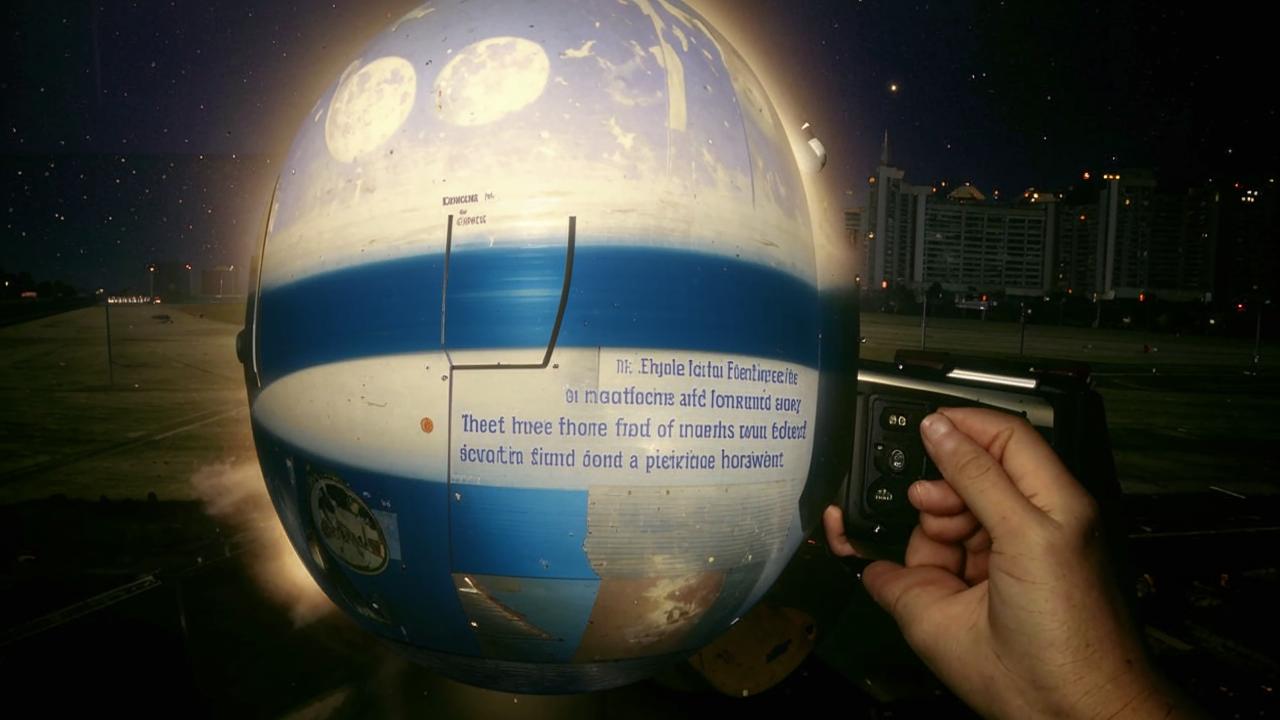Alice in Wonderland syndrome is a rare neurological disorder whose symptoms were described in Lewis Carroll’s children’s book of the same name.
What we’ll tell you about
What is Alice in Wonderland syndrome?

Neurologist and epileptologist at the European Medical Center (EMC), Ph.
“It is important to realize that Alice in Wonderland syndrome is not a disease, but a complex of features.”
The term was first described in 1955 by English psychiatrist John Todd. The name refers to Lewis Carroll’s famous book Alice’s Adventures in Wonderland, in which the protagonist feels (among other things) her body getting bigger and smaller.

The seizure usually involves either micropsia, in which objects appear small, or macropsia, in which they appear larger than they actually are. People may also perceive distorted parts of their body.
This is a well-established term understood by neurologists and the medical community as a whole, and refers to a distortion in the perception of the size, position of objects and parts of one’s body.
This disorder usually occurs in children. With age, the symptoms cease.
The syndrome refers to a large number of diseases, such as manifestations of migraine. Although it is not included in the official classification of this disease.

Such a distortion of reality can be a manifestation of tumors of the nervous system, some forms of epilepsy, inflammatory processes or infectious diseases.
Causes of the syndrome
To date, medicine does not know the exact causes of Alice in Wonderland syndrome.
However, in the world science there are theoretical assumptions about the possible mechanism of perceptual distortions in migraine. The fact is that in this disease, the electrical activity in the brain is distributed in a special way and neural networks work “uncoordinated”. Therefore, there can potentially be an imbalance between the perception of objects and reality.
How is the diagnosis made?
Alice in Wonderland syndrome is not a diagnosis, but a set of signs. Since this distortion of reality is most often found in children, parents note that the child thinks his mother’s head is too big, or says that his feet reach the center of the earth.
Therefore, the diagnosis of the symptom is made clinically as part of the conversation with the parents and the young patient.
In the presence of other symptoms characteristic of certain diseases, additional examination is prescribed for an accurate diagnosis. For example, if there is a suspicion of masses in the brain, the patient will be appointed MRI (magnetic resonance imaging), if epilepsy – encephalogram. In the case of signs of infectious diseases, laboratory tests are possible to search for the relevant microorganisms.
Also do not forget about the effects of psychoactive substances. It is not only about drugs: children can accidentally eat pills from hypertension or Parkinson’s disease, especially if they live in the same apartment with elderly relatives. Perceptual distortions can also be in contact with poisonous plants, animals and mushrooms.
How to treat?
If the change in reality is associated with concomitant pathology, it is necessary to treat the underlying disease.

If it is a type of migraine, then Alice in Wonderland syndrome most often does not require treatment. Usually this condition does not linger, but quickly appears and disappears. In this case, migraine prophylaxis is better prescribed, but only if indicated.
Prognosis and possible complications with Alice in Wonderland syndrome
The syndrome itself can not have complications, since it is only an external manifestation of some diseases. If the underlying disease progresses, the perceptual distortions may also change over time.
For example, a migraine may follow a person throughout his or her life, but the perceptual distortion is likely to end in childhood.
Alice in Wonderland syndrome is a phenomenon we should be aware of, but it is not so much Alice in Wonderland syndrome itself that we should be wary of, but perhaps related diseases. If they are excluded, the unpleasant symptom should simply wait it out.





